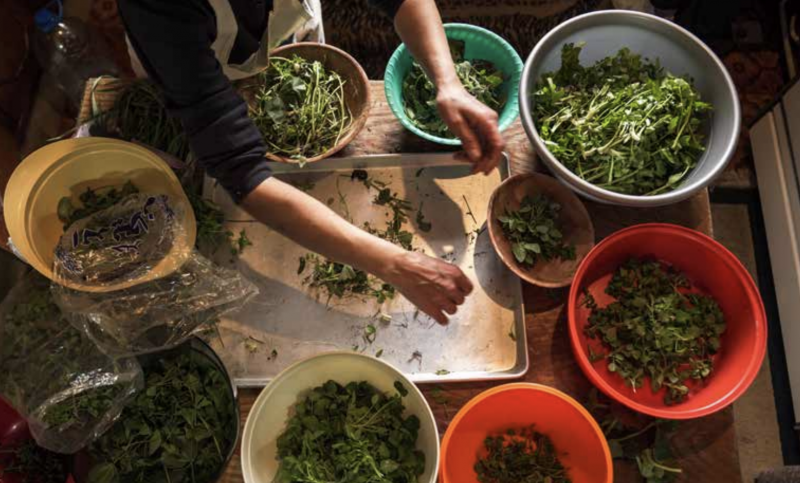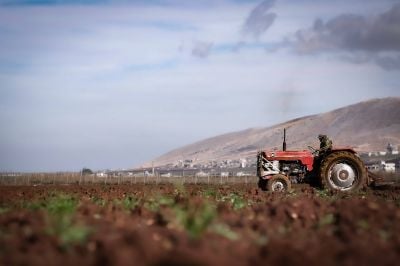
(Hadi Bou Ayash/FAO Lebanon)
The UN’s Food and Agriculture Organization (FAO) issued a set of recommendations to the Lebanese state on Monday for a “sustainable and inclusive” food system.
In its latest assessment of the Lebanese agricultural sector, the FAO reported that informal labor accounts for a high percentage of agricultural work. Farmers are heavily reliant on imported seeds, materials and equipment, which are only accessible through an oligopolistic import structure. Local production is not able to feed Lebanon’s population, which relies on imports for most of its food.
The report also noted that Lebanese farmers mismanage water resources and overuse pesticides and chemical fertilizers, with deleterious effects on the natural environment and food safety.
In the short term, the FAO recommends planned cash transfers, securement of supply inputs such as fertilizer, and an emergency school feeding program for vulnerable children.
In the medium and long term, the FAO recommends new grants and loan schemes for farmers, technical assistance to bring improved practices into the sector, a legal framework for agricultural workers, and agriculture-specific anti-monopoly laws.
Most farmland in Lebanon is highly fragmented, the report said, with 75 percent of farms scaling smaller than one hectare. The small size of these family farms reduces the incentive and capacity to invest in new technologies that could improve agricultural efficiency.
Only 5 percent of farmers belong to cooperatives, the report said, while two thirds of the country’s registered cooperatives are inactive.
